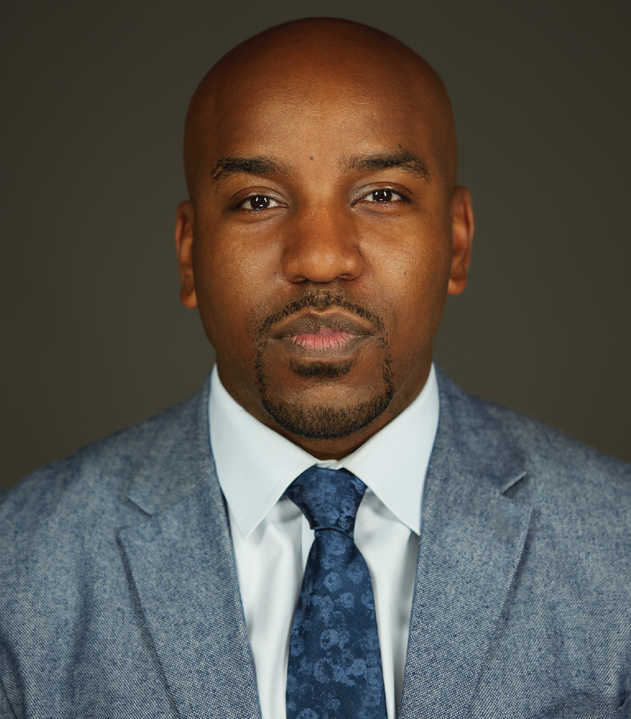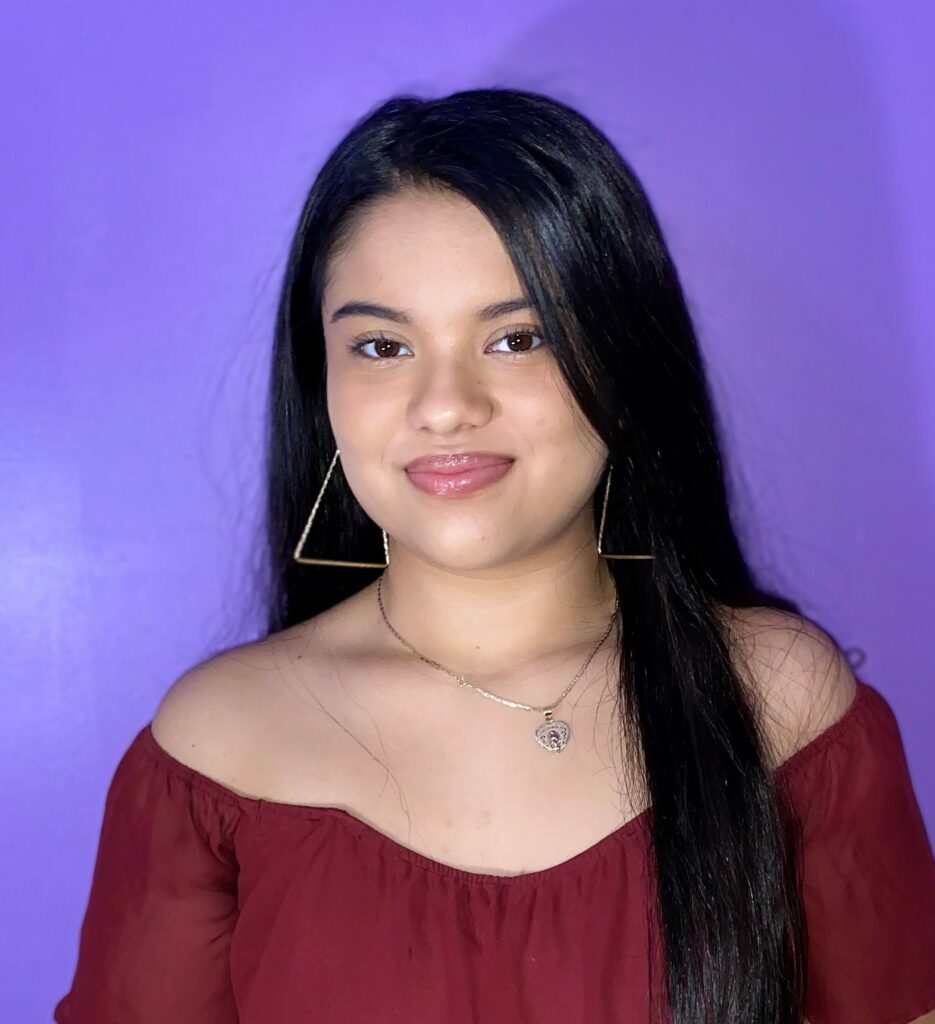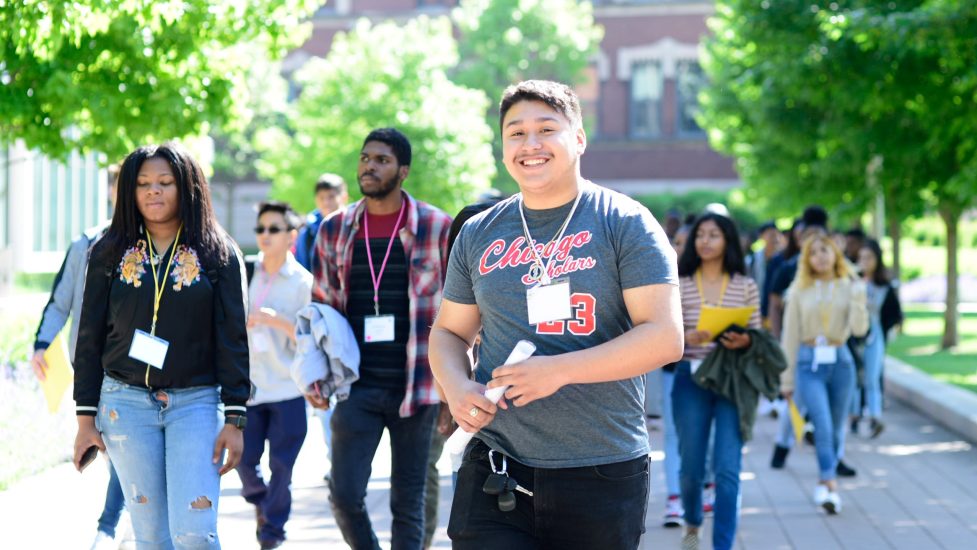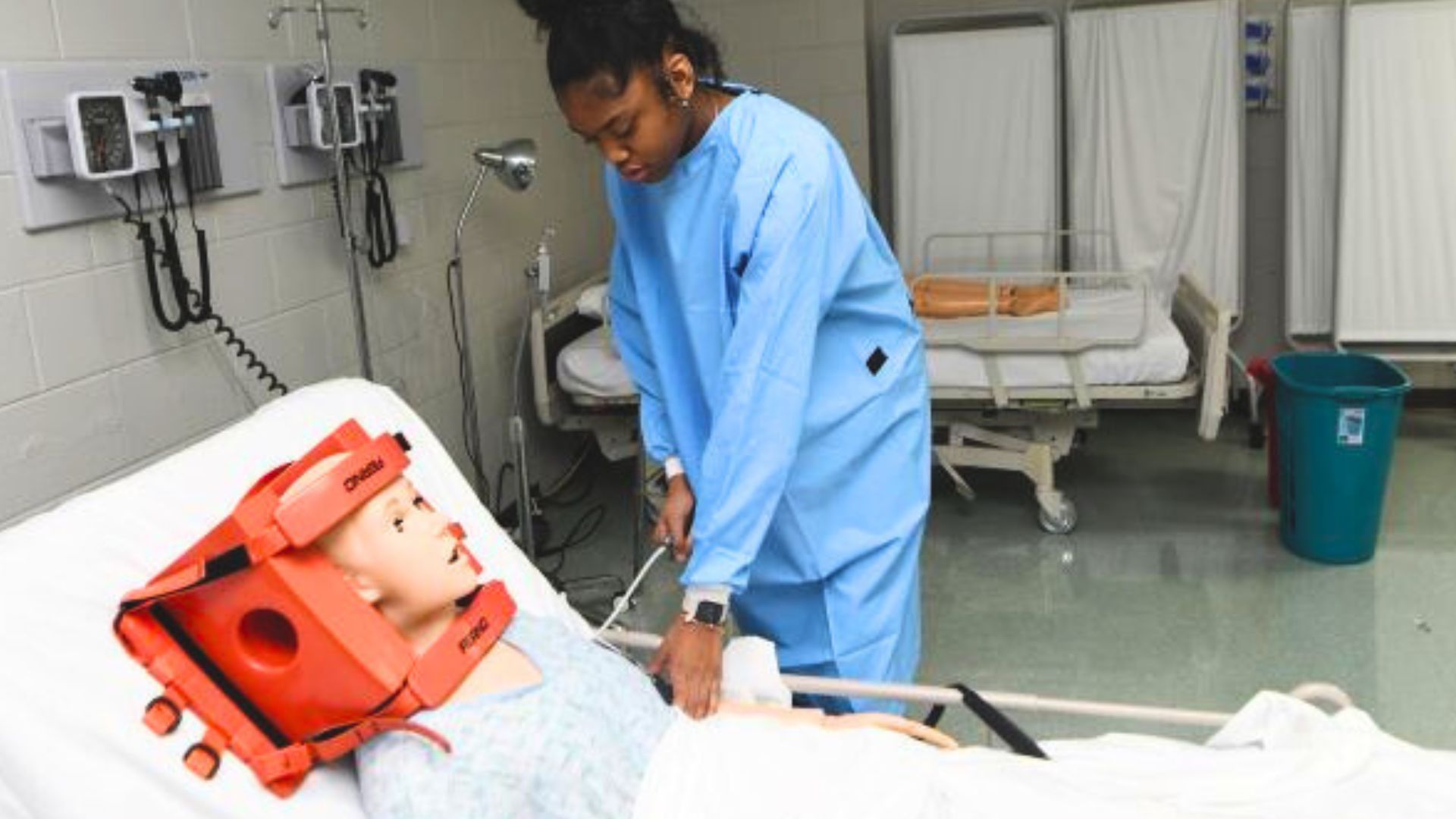Around for 26 years, Chicago Scholars has a long track record of success, according to Jeffery Beckham, Jr., CEO of Chicago Scholars and co-founder of REACH Pathways. “We have really strong data and outcomes that really speak to the value of who our young people are. Seventy-seven percent [have] given back to the communities and volunteer after they graduate. The idea of building leadership and connecting to real opportunities to demonstrate mastery of their learning is a huge part of what we do,” says Beckham.

“We provide them with access to college by empowering them for mentorship, college counseling, and other opportunities so that they can go to top-tier colleges across the nation and become Chicago’s next generation of leaders.”
He continues, “Ninety-five percent of our students are students of color that come from all 77 neighborhoods of Chicago. Eighty-three percent of our students are graduates from college in six years.”
Starting participation in their senior year of high school, Beckham says, “We work with students through those two critical transition points – graduating from high school and then graduating from college to get the job. We stay with students for seven years.”
A Pandemic Pivot
After the start of the pandemic, Beckham says the program digitized its content. “We took all of our college workshops, our counseling workshops, our leadership development workshops, and even did 55 virtual internships over those two summers. We figured out through the use of technology, we were able to connect students to resources on demand in real time whenever they needed it – at their fingertips.”
Beckham says during that time there was also a noticeable drop in more traditional means of communicating including email and text messages. He explains, “We brought students to the table and used some human-centered design to ask them, ‘What would this look like? How would it be structured as something that you want to help you navigate the pathway from college to career?’ They said, ‘No pamphlets, no seminars, no learning management systems. We don’t want any of that.’ They started to really engage and tell us about the things they were engaging with.”
Prior to his role with Chicago Scholars, Beckham was a software engineer, web developer, and mobile application designer.
He says, “My brain went right to, ‘What if this is something that we could build? Build an online world where students can connect with one another. So we tested it out. We built a pilot version that was 2D, very flat. Think of it like LinkedIn for young adults. And we saw great engagement. We saw students starting to talk about the things that they wanted to talk about with each other in real time. After working with the students in the design project, we said, ‘We have to figure out how to gamify this.’”
The result is the REACH Pathways app. The careers that were adopted early for the application are health care, business, and STEM/tech. “We have students playing on our pilot application testing it out right now. The way of the future is to connect students, employers, colleges, and community partners – that power of our community all online driving awareness and really closing the gap between talent and opportunity,” says Beckham.
Firsthand Experience
Claudia Jimenez credits the organization for getting her on her post-high school pathway, “Chicago Scholars had the biggest influence on me actually getting to college. [The program] gave me all the resources that I needed and they connected me to colleges. They’re the reason that I applied to the scholarship that I have that pays for my tuition.”

Jimenez – a junior in the fall at Dominican University majoring in biology and minoring in Spanish – is a member of the Chicago Scholars Advisory Board.
She explains, “We actually create the content that’s going to be in the app. We interview students because we like to say that, ‘The app is by the students, for the students.’ We interviewed college students and said, ‘If you were to imagine the best app ever to help you get into college or help you get the career you want once you’re in college, how does that look?’
“The app does focus on three big college issues. The first one being career. So, what do they want to do after college? What major should they be in? What classes should they take? The second one is financial. Can we find scholarships? Can we find internships that they like and pay them? And the third one is community. Can we find that sense of belonging in college?”
Scaling a National REACH
“Our goal for REACH is to be a national organization – a platform that students anywhere who are high-performing, under-resourced, and need more support and guidance can use to find their pathway,” explains Beckham.
“We know there are a lot of young people out here trying to navigate this very difficult space and transition of getting the right job after school. What do you do? How do you do it? We call it ‘the hidden rules.’ All the things that you’re not really taught on university campuses or even in your family if you’re the first to ever do this.”
Beckham continues, “There’s a lot of work happening in the jobs-of-the-future space as we think about young people. More boomers are retiring every single day so we’ve got to get young people skilled for the jobs that exist now and also the jobs that are coming.”
In the more immediate future, he says each year, the program receives 1,200 to 1,500 applications. About a thousand are interviewed for a cohort size of 500 to 600. “We actually just welcomed our class of 575 scholars,” notes Beckham.
Meanwhile, Jimenez says she will be using REACH Pathways to support her post-college chapter. “I will be using it once I start actually looking at grad schools. I’m hoping to be able to connect with opportunities and with a mentor because I’m first-generation, so I’m not completely sure how the application works for grad school. And also to find an internship for that summer between junior and senior year.”











